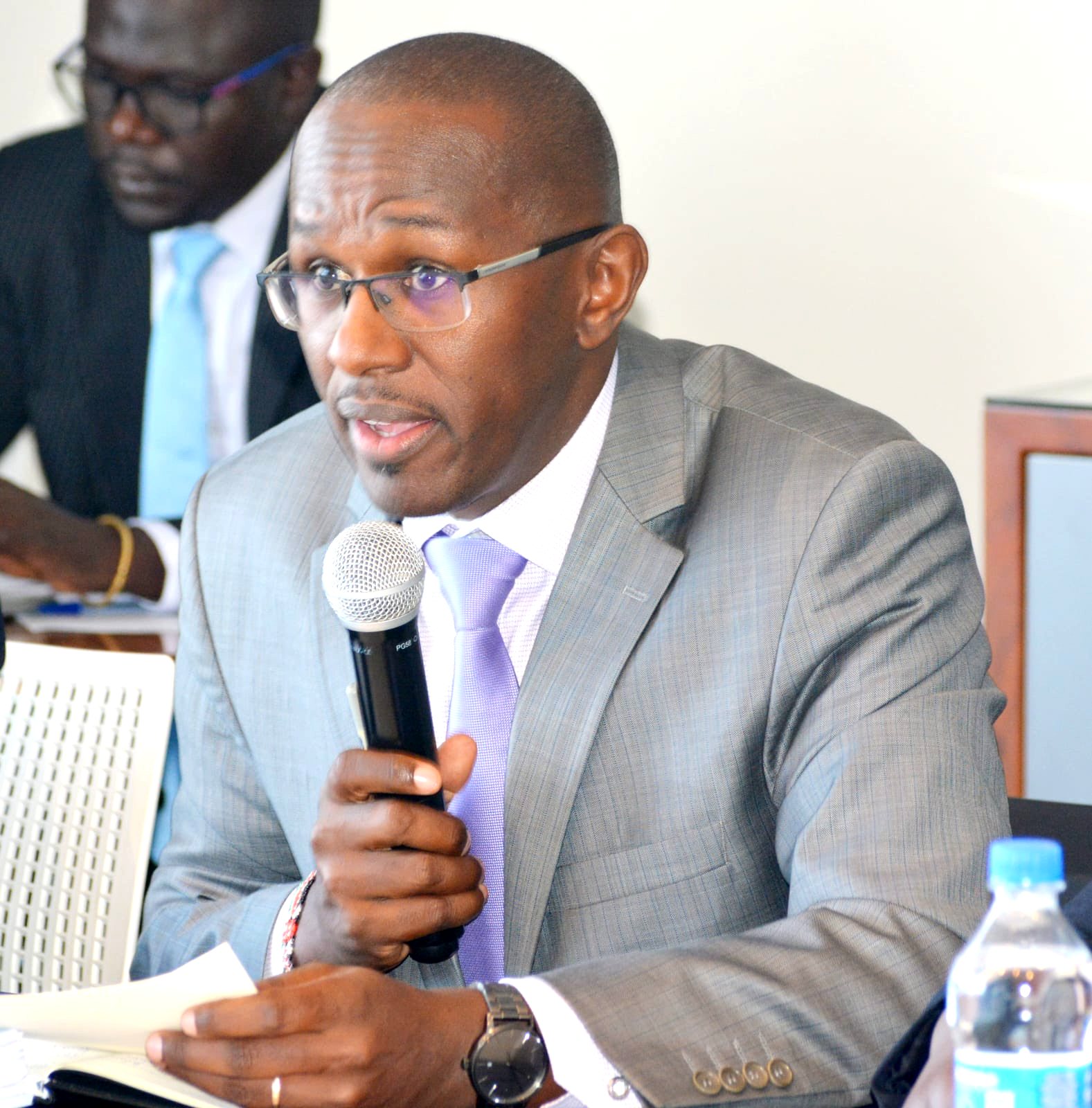By Patrick Odenyo
Savings and Credit Co-operative Organizations (Saccos) are warning that the proposed changes in laws governing the sector are likely to stifle growth and put members’ savings at risk.
According to Co-operative Alliance of Kenya (CAK) Executive Director Daniel Marube, the proposals contained in the Sacco Societies (Amendment) Bill 2018 will open room for non-members to come in and dictate the direction of Saccos.
The bill is proposing an introduction of a new class of members called ‘Social Impact members’ whose admission will only be through simple resolution at the Annual General Meeting.
Marube says that since such members will not need to appear in the register as members and will only come in, pump in money and take charge of key investments decisions, member’s funds will be at risk.
“They will manage investments and guide you on which areas to invest. Members will be like conduits, collecting loans on their behalf. When risks come, the first person to suffer is the member whose money will be used as collateral,” explained Marube.
He noted that such proposal is ill founded since it will be like handing control to foreigners. He cautioned that if the proposals are passed, members will feel cheated and may even withdraw their money and lead to collapse of Saccos.

Tenhos Sacco CEO

Additionally, he argues that this move could open room for people who have stolen money in Government or engaged in dirty business deals such as drug to come on board and use Saccos as avenues to ‘clean’ their money.
“If these people have money, they can form their own

societies called ‘Social Impact Co-operative Society’ so that they can come up with their own rules,” he stated.
The bill has already undergone the first reading in Parliament.
However, a new twist has emerged with the State department of Co-operatives now saying it has no ideas who sponsored the bill and that it was never consulted to put any input in the proposed law.
According to the Commissioner for Co-operative Development Mary Mungai, the department only learnt about the bill through the press after it was tabled in Parliament.
Mungai said that the bill is against the spirit of co-operative movement and should be thrown out in its entirety.
“We are not sure who the drafter of the bill is. We are saying that the bill as it is will be against the spirit of saving. Saccos come together for a common goal. Those proposed members should instead form their own Saccos,” she added.
Mungai wants the proposals recalled and referred to the department so that their input can be incorporated.
Kenya Union of Savings and Co-operative Unions (Kuscco) Limited wants the bill recalled to allow for comprehensive review so that it is anchored on the revised Co-operative Development policy that is awaiting Parliament’s debate.
Kuscco Managing Director George Ototo said that the union has submitted a memorandum and is waiting to present the same before a parliamentary committee.
“We hold the view that the amendment is against the co-operative movement principles in terms of member economic participation and is not in consonance with our core values and principles, besides democratic administration,” observed Mr Ototo.
He explained that the social impact members will create a different layer of membership that will lead to segregation of current members and stratification of membership.
The proposals come at a time when President Uhuru Kenyatta has launched the ‘Big Four’ agenda which focuses on affordable Housing, revamped Manufacturing sector, universal access to Health and promoting Food security.
Saccos have been tipped to position themselves and benefit from the delivery of these goals especially with regards to the Housing agenda.
“By partnering with the Government and other relevant agencies, we can build more affordable houses and assist in meeting the demand of more than 200,000 houses annually,” says Ali Ismail, the PS in the State Department for Co-operatives.


